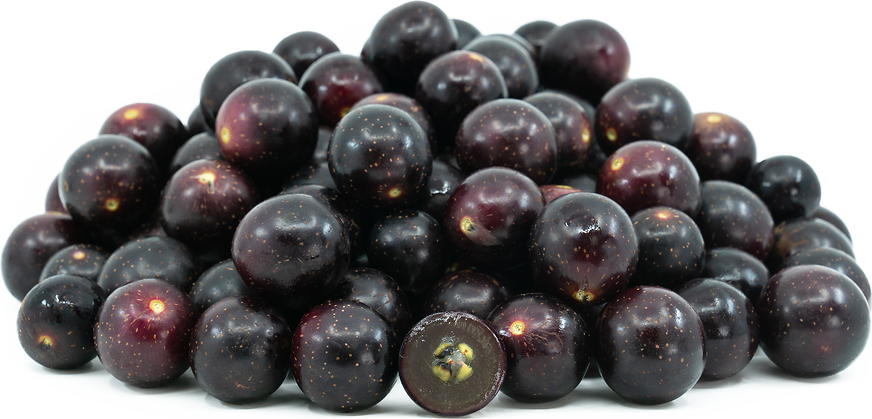Health Benefits Attached To Muscadine Grapes
Polyphenols are highly complex chemicals found in plants that provide multiple health benefits. Years of research have shown that polyphenols from foods support the function of brain, heart, liver, joints, muscle recovery, and other organs. As anti-oxidants, these phytonutrients support the body’s cellular function and recovery from normal metabolism, and reduce oxidative stress and inflammation associated with many disease states. Muscadine grapes contain particularly high concentrations of polyphenols as compared to other grape varieties. The highest concentrations of these healthful phytonutrients are in the skins and seeds of the grapes.



